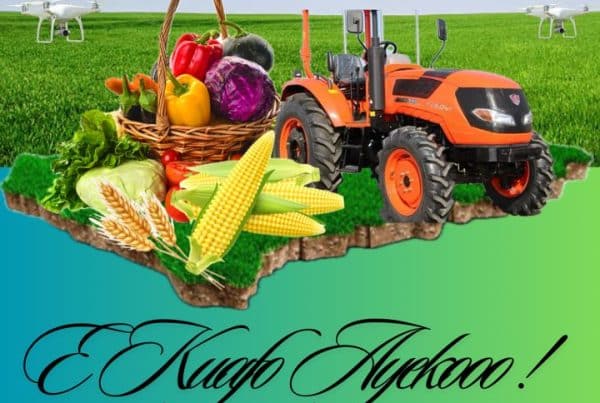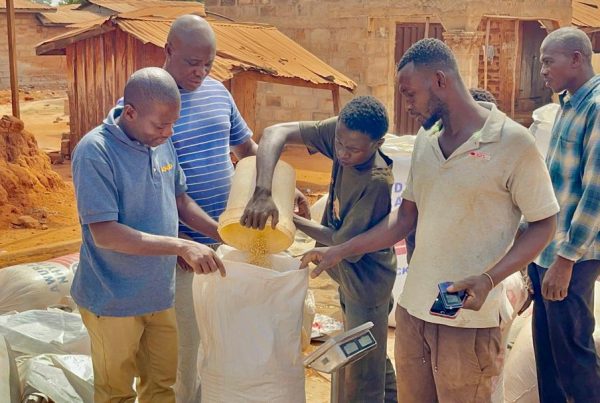Author:
Nikoi Gordon Kotey, MSc – Esoko
Abstract/Description
Between 2011 and 2017, CCAFS West Africa piloted how the dissemination of climate information services (CIS) to farmers in its climate-smart village sites (Lawra and Jirapa) in Ghana could help them avert risks associated with climate change and variability. The pilot was executed with 1000 profiled and geo-referenced farmers (33% women) through a collaboration with a private information and communication technology (ICT) company, Esoko in Ghana and the Ghana Meteorological Agency (GMet). During the pilot, Esoko delivered processed weather information received from GMet and other sources to farmers using mobile phone platforms. The Esoko platform also allows farmers to access a call center where CIS is delivered to them vocally in their local dialect. The forecast information included the total rainfall, the onset and end of the rainy season, and a 10-day forecast during the rainy season (Partey et al., 2018). In addition to the weather forecast information, farmers receive market alerts and agro-advisories that are intended to help them understand and apply the received information.
A survey conducted in 2017 showed CIS received by farmers enabled them to make mixed strategic decisions on crop variety selection, time of planting, time of applying fertilizer, time of irrigating, time of harvesting etc. which contributed to reducing crop failures and increasing household food availability for both men and women (Partey et al., 2018).
To sustain the delivery of CIS to farmers at the climate-smart village sites and reach others in the country, Esoko adopted a public-private partnership (PPP) business model proposed by CCAFS. The PPP is particularly targeted at farmers subscribing to the “Planting for Food and Jobs” (PFJ) initiative introduced by the Government of Ghana as part of its measures to improve food security and employment in the agricultural sector.
Impact assessment carried out in December 2018 indicates that, 300,000 farmers (21% women) are now being served from an initial 1000 farmers to receive CIS and market alerts through the PPP. Out of this total, 274,321 farmers are paying US$0.20 for the service.
The report below presents the nature of the PPP model and preliminary results.


